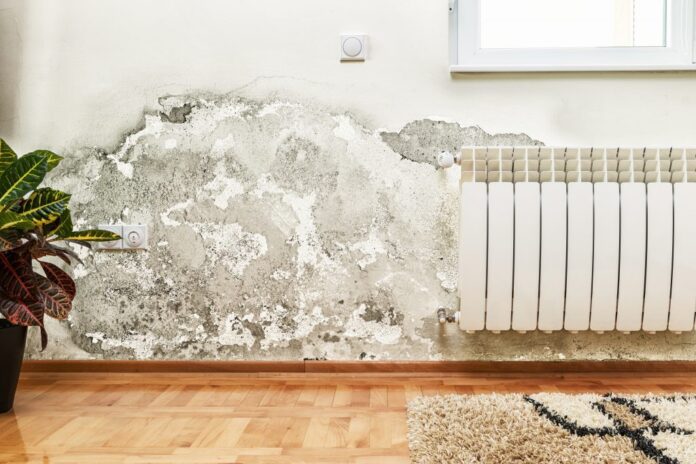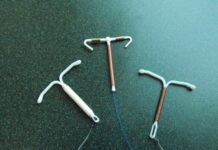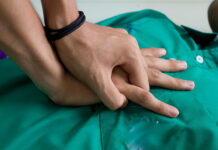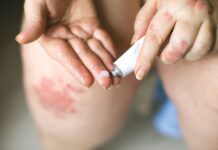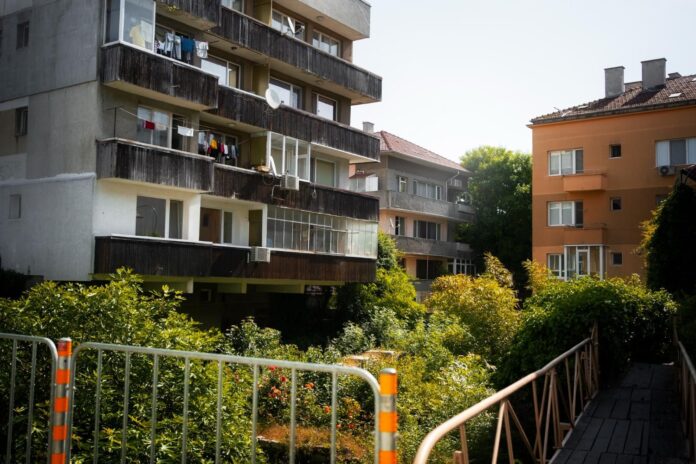
Housing is a basic need for all humans, and it is expected to be a safe and comfortable space. Unfortunately, not all residential properties are free from hazards and any one of these hazards could potentially threaten the health and well-being of the occupants.
The Housing Health and Safety Rating System (HHSRS) was established to identify the 29 potential risks to health and safety in homes and the steps to be taken to rectify them:
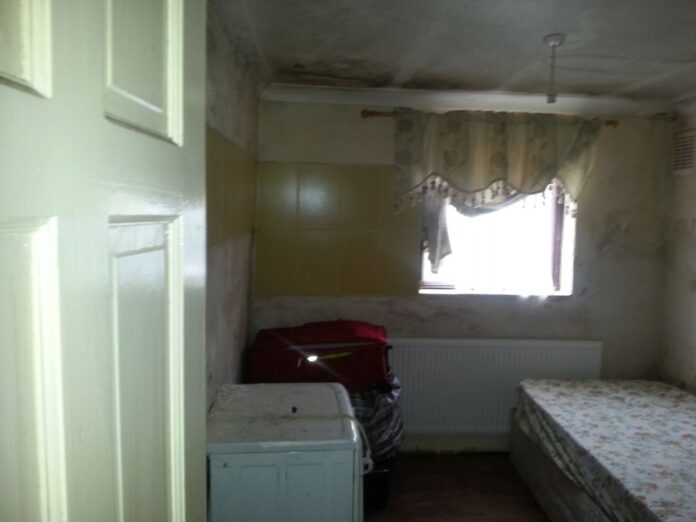
- Damp and mould growth
- Excess cold
- Excess heat
- Asbestos and MMF
- Biocides
- Carbon monoxide and fuel combustion products
- Lead
- Radiation
- Uncombusted fuel gas
- Volatile organic compounds
- Crowding and space
- Entry by intruders
- Lighting
- Noise
- Domestic hygiene, pests and refuse
- Food safety
- Personal hygiene, sanitation and drainage
- Water supply
- Falls associated with baths
- Falls on level surfaces
- Falls associated with stairs and steps
- Falls between levels
- Electrical hazards
- Fire
- Flames, hot surfaces and materials
- Collision and entrapment
- Explosions
- Ergonomics
- Structural collapse and falling elements.
What is the Housing Health and Safety Rating System?
The HHSRS is a risk-based evaluation tool used by local authorities to assess potential risks to health and safety in homes. It identifies 29 hazards that can be present in residential properties, providing guidance on how to identify and remedy them.
These hazards are not only limited to structural issues or environmental factors, but also include factors such as personal hygiene, sanitation and drainage, food safety, and even the risk of falling on level surfaces. It is important to understand these hazards and take measures to ensure that your home is safe and healthy.
The HHSRS Hazards and Measures
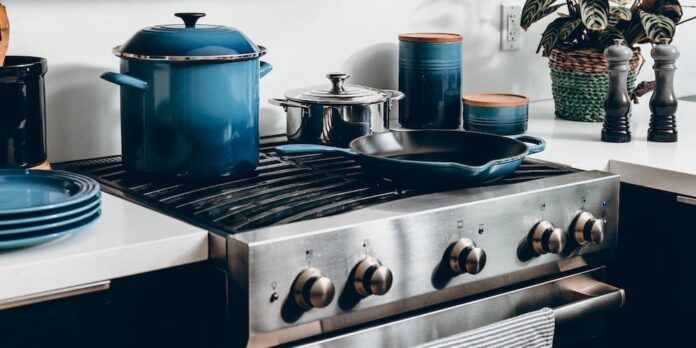
The HHSRS identifies risks to health and safety from damp and mould growth, excess cold and heat, exposure to asbestos and MMF, and biocides. Carbon monoxide and fuel combustion products, lead, and radiation are also identified as hazards. Uncombusted fuel gas and volatile organic compounds are among other hazards that pose risks to health and safety in homes.
In addition to these environmental hazards, the HHSRS also identifies hazards related to crowding and space, entry by intruders, lighting, noise, and domestic hygiene, pests, and refuse. Water supply and personal hygiene, sanitation, and drainage are also identified as hazards. Falls associated with baths, level surfaces, and stairs and steps are also included in the list of hazards identified by the HHSRS.
Understanding these hazards and taking steps to mitigate them can help create a safe and healthy living environment. It is important to ensure that homes are adequately ventilated to prevent damp and mould growth, and that heating and cooling systems are working properly to maintain a comfortable temperature. Additionally, it is important to ensure that homes are secured against unauthorised entry to prevent stress and injuries.
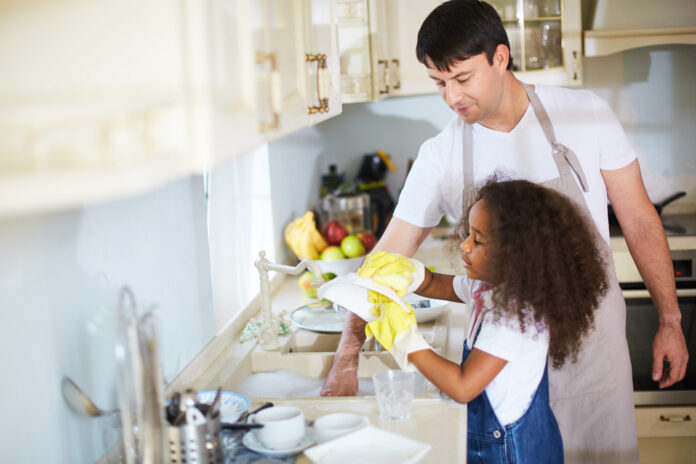
Food safety can also be ensured by taking measures such as proper storage, preparation, and cooking. Proper hygiene facilities can help prevent stomach and intestinal disease, skin infections, and depression, particularly in young children. Finally, taking measures to prevent falls, such as installing handrails on stairs and baths, can help prevent physical injuries. Adequate lighting and removal of obstacles can also help prevent falls on level surfaces.
The HHSRS provides a comprehensive framework for assessing potential risks to health and safety in homes. It is important to understand these hazards and take steps to mitigate them to create a safe and healthy living environment.
How Can a Housing Disrepair Solicitor Help?
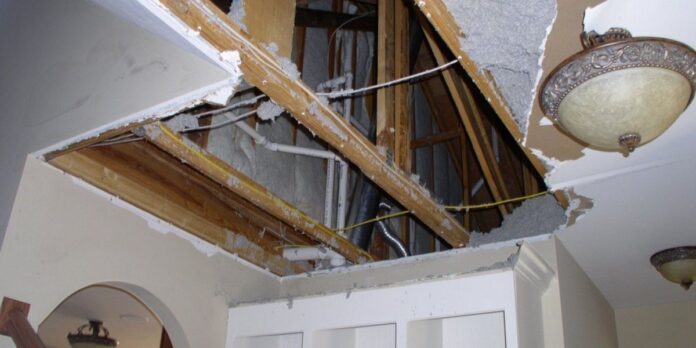
Are you a council or housing association tenant who is the victim of a landlord negligence? Are you up to date with your rent payments? If so, contact our friendly housing disrepair solicitors immediately. Any disrepair can be a threat to your health and wellbeing, and you don’t have to suffer any longer.
At SilverOak Solicitors – personal injury, housing disrepair, immigration we fight for your repair and compensation on a No Win No Fee basis so you won’t pay anything unless your claim is successful. Furthermore, we offer one of the lowest success fees on the market. You have nothing to lose by making a simple enquiry and are not obligated to proceed, so you can call them on 020 8578 7778.

